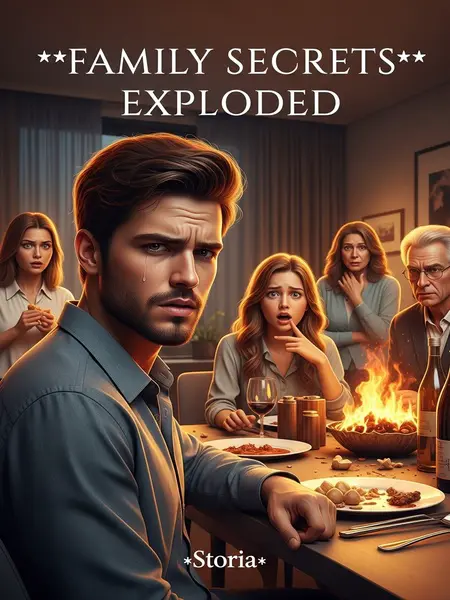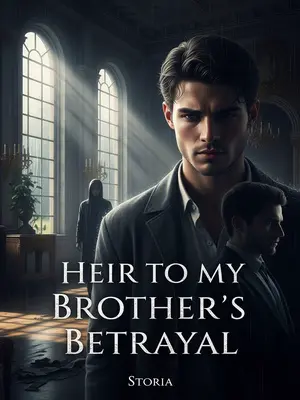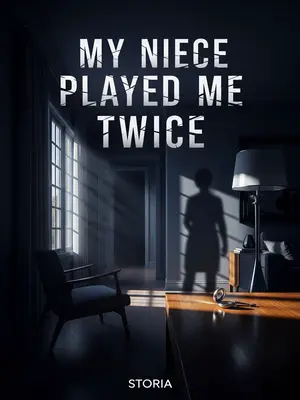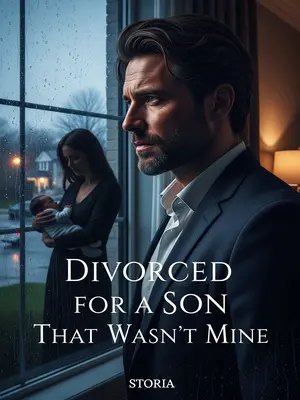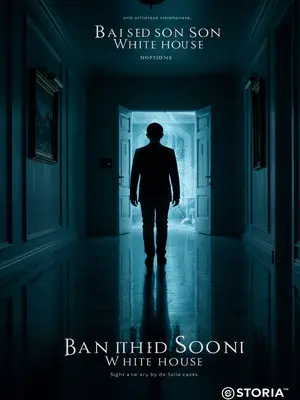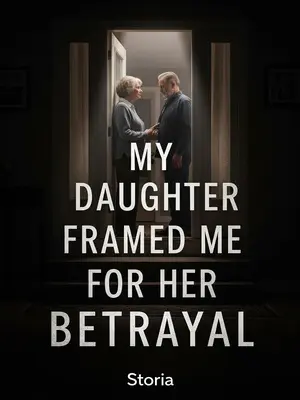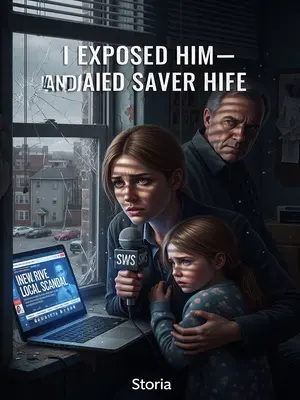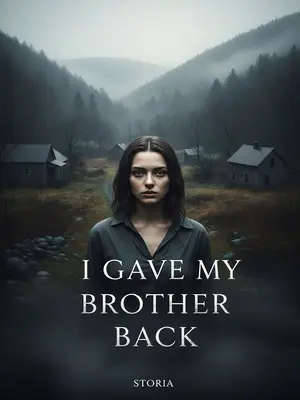Chapter 2: Guilt and Ashes
I watched the whole thing unfold from my balcony window.
It all played out in slow motion. I’d come out to water my mom’s succulents, mug of coffee in hand, and there he was—kneeling behind the Cayenne, looking over his shoulder like a cartoon villain. I felt my stomach drop. It was like watching a disaster reel on the local news, only it was happening in my own apartment complex.
My cousin had stuffed several firecrackers—those powerful double-bangers, the kind you’re not even supposed to buy anymore—under the back seat of the car, lit them, and ran away.
I could see the gleam in his eyes. Those firecrackers were the thick, forbidden kind folks around here smuggle in from out of state—way overkill for the Fourth of July, let alone a holiday prank. The kid ducked, struck the lighter, and then sprinted away so fast he nearly tripped over his own feet.
The firecrackers were way more powerful than he expected; they triggered the gas tank to explode.
I heard the sharp crack, then the world seemed to shudder. The boom rattled the sliding door behind me. For a split second, it was all chaos—glass trembling, birds taking off from the wires, neighbors’ heads popping up in their windows.
There was a huge bang, and thick smoke billowed out from the back of the Cayenne.
An oily black cloud unfurled, curling up toward the cloudy December sky. The air stank of burning rubber and chemicals. In the distance, someone started yelling for help, their voice echoing between the buildings. I remember thinking, "Holy crap, this is way beyond tire patches now."
A small flame quickly grew into a roaring fire.
The fire flickered, then leapt, a wild orange tongue licking up the back of the Cayenne. In seconds, the rear window shattered, and flames started chewing through the leather seats. My heart hammered in my chest—time seemed to blur, every detail searing itself into my brain.
My palms broke out in a sweat—I was about to rush down and try to put out the fire, but thankfully, the property management arrived in time and managed to extinguish it with a fire extinguisher.
I looked down at my shaking hands, not sure whether to call 911 or run for the garden hose. But the maintenance crew showed up first, hauling bright red extinguishers and shouting at everyone to stand back. They sprayed foam everywhere, covering the Cayenne in a thick, sticky mess. I let out a shaky breath, realizing I hadn’t moved at all.
By the time the flames were out, the Cayenne was already burned beyond recognition.
What was left of that Porsche looked like something from a post-apocalyptic movie—charred, melted, the badge barely readable. I could picture the owner’s face when they came back. I felt a pit open in my stomach.
The only good news: no one was hurt, and the cars parked nearby didn’t catch fire.
Amazingly, the fire stayed contained. The minivan on one side and the rusty Civic on the other were fine, aside from a dusting of extinguisher foam. Someone’s golden retriever barked from a nearby balcony, but thankfully, the only casualties were the Cayenne and my peace of mind.
My little cousin ran off the moment the fire started, dashing back into our building.
He moved fast—fast enough that the neighbors only caught a glimpse of his red hoodie disappearing into the stairwell. My heart twisted between anger and a weird kind of relief. At least he wasn’t hurt. But God, what a mess.
I saw the property staff recording video evidence and checking the vehicle information.
They pulled out their phones, filming everything, speaking in clipped, anxious tones as they jotted down license plates. The air was thick with the smell of burnt plastic and gasoline. One of the staffers pulled out a walkie-talkie and started calling for the building manager. I knew this was going to get official, fast.
The charred Porsche Cayenne was parked in my spot, so I knew someone would be knocking on our door soon.
I glanced at the charred hulk and shivered. It didn’t matter that it wasn’t my car—the space was registered in my name. I imagined the knock at our apartment door, the questions, the accusations. I felt sweat prickling at the back of my neck.
I glanced back at the living room—my uncle and aunt, my cousin’s parents, were laughing over TikTok videos on their phones.
Inside, the contrast was jarring. My uncle was cracking up at some goofy filter, my aunt shaking her head at a cat video. They had no clue what had just gone down in the parking lot. It felt surreal—like I was in two different worlds at once.
My own parents were busy cooking in the kitchen. No one seemed to notice what had just happened.
I could hear the clatter of pans, the sizzle of onions on the stove, my mom humming along to a Christmas playlist. The air was warm and familiar. I stood frozen in the doorway, wishing I could just disappear into the noise.
My little cousin slipped back in, his eyes darting around nervously.
He crept in, cheeks flushed and breathing quick. You could see the guilt written all over him, though he tried to shrink into the wallpaper, keeping his head down and avoiding everyone’s eyes.
He clearly knew he was in big trouble. He didn’t dare say a word, just quietly shuffled to a corner of the living room.
He plopped down on the edge of the couch, pulling his knees up, looking like a kid in the principal’s office. He fidgeted, biting his thumbnail, glancing over his shoulder every time someone laughed or raised their voice.
He pulled all the remaining firecrackers out of his pockets and tossed them into the trash, trying to get rid of the evidence. He glanced over his shoulder, eyes darting to see if anyone was watching, before dumping the fireworks into the trash.
After he left, I quickly wrapped up the trash in an insulated bag to eliminate any safety hazard.
If there was anything I’d learned, it was that you don’t leave firecrackers lying around in a kitchen full of hot oil and holiday chaos. I double-bagged the trash and tossed it out on the balcony, making a mental note to bring it down to the dumpster before the next round of drama started.
My little cousin sat on the sofa, quiet as a mouse. Seeing him looking so meek, I was both angry and a little amused.
It was almost funny, seeing him so deflated. This was the same kid who’d spent the whole week bragging about his “fireworks show” and trying to lord over me. Now he was sunk deep into the couch, suddenly interested in the Christmas tree skirt. For a second, I almost felt sorry for him—almost.
My old car wasn’t worth much, so no one cared when he threw firecrackers at it. But now, he’d blown up a Porsche Cayenne—this could ruin my uncle and aunt’s future.
You could replace an old Toyota fender for cheap. But a Cayenne? We’re talking lawyers, insurance, maybe even police. The weight of it all hit me—I might have been the one to set this in motion, but the fallout would land squarely on my uncle and aunt, and their pampered son. My stomach twisted with a weird mix of satisfaction and guilt.
If parents can’t teach their own children, life will teach them instead.
Sometimes, consequences do what endless lectures and second chances can’t. I told myself that as I watched my cousin shrink smaller and smaller, like he was hoping to disappear into the sofa cushions. Maybe this time, he’d finally learn.
